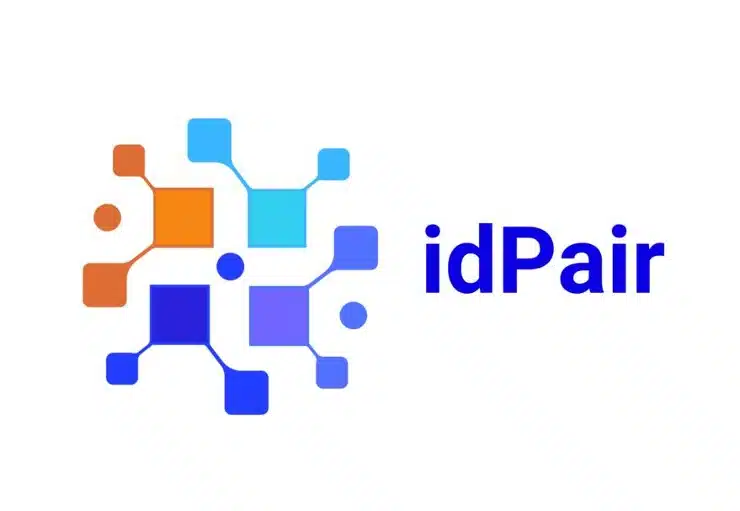idPair Inc., an award-winning service for safer gaming technology, announced the upcoming launch of the National Voluntary Self-Exclusion Program (NVSEP) to combat problem gambling. The program is scheduled to launch in New England this summer and expand west and south in the following months. The best offshore sportsbooks are likely to take note of this initiative, as it could set a new standard in responsible gambling practices.
National Voluntary Self-Exclusion Program is guided by two concepts
This initiative is based on two concepts: (1) Individuals needing immediate access to a National Voluntary Self-Exclusion list regardless of geographical location; and (2) alignment of data sets for a single portal of current regulatory information and evolving public health resources.
This program was established to assist any individual who is suffering from problem gambling and/or any other gambling addiction.
Symptoms of gambling disorder include betting more money than one can afford to lose, lying about gambling behavior, missing family events, obsessive preoccupation with gambling, and increased alcohol and/or drug use.
Marlene Warner, CEO of the Massachusetts Council on Gaming and Health (MACGH), said: “A national program has been needed for a long time, and I am thrilled that New England has the potential to lead the way with this remarkable step forward to a more seamless approach to Voluntary Self-Exclusion. With the National VSE Program, individuals will soon have a unified platform for seeking help and support across the entire United States and receiving up to date information as it’s needed. I encourage all state gaming regulators to join this initiative to provide a stronger safety net for consumers.”
Dr. Michelle Malkin, Director of the Gambling Research and Policy Initiative (GRPI) at East Carolina University, said: “Conducting research on voluntary-self exclusion (VSE) has shown that the process can be confusing for those seeking help, especially if they are looking to VSE across multiple jurisdictions. Having an opportunity to engage with the tool using a single process across states will assist those using VSE as a deterrent to gamble and will help make VSE easier to understand which may increase engagement.”
U.S. states are not forced to alter the terms of their individual programs to join NVSEP
Jonathan Aiwazian, CEO of idPair, made it clear that U.S. states are not required to change the terms of their individual programs to join NVSEP.
“The current state programmes will coexist with the new option, giving consumers the flexibility to exclude from as many or as few states and products as they choose, including both land-based and online gambling,” Aiwazian said.
“While current self-exclusion protections don’t travel, people do, and we look forward to working with more states to use technology to provide a more comprehensive level of protection for those who need it most.”
idPair won the 2023 Flutter Entertainment and Responsible Gaming Council Play Well Challenge for the use of technology to help improve safer gambling.
According to the National Council on Problem Gambling (NCPG), “2.5 million U.S. adults (1%) are estimated to meet the criteria for a severe gambling problem” each year.
Another 5-8 million (2-3%) would be considered to have “mild or moderate” gambling problems. Approximately “85% of U.S. adults have gambled at least once in their lives, with 60% having gambled within the past year,” per NCPG.
“We believe, nationwide, the rate and severity of gambling problems have increased across the United States since 2018,” said Keith Whyte, executive director of NCPG.
“We have every reason to believe the growth of online sports betting is a major contributing factor to the increase in gambling problems,” Whyte said.
In June 2022, NCPG expanded its helpline to users nationwide. The 1-800-GAMBLER federally registered service was only previously available to New Jersey.








